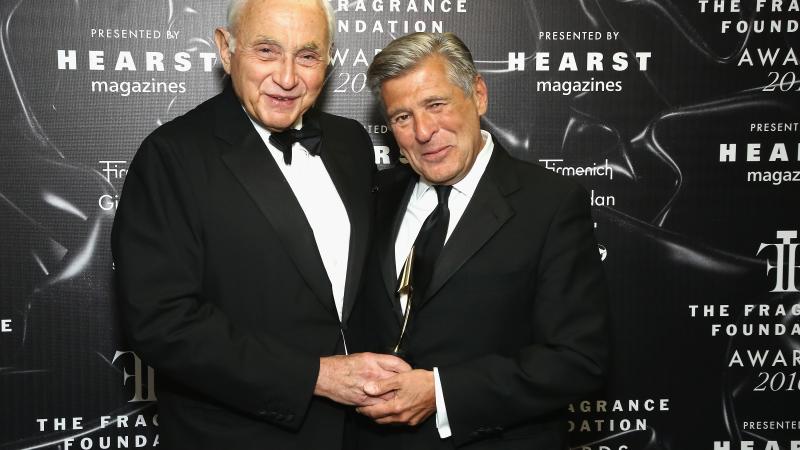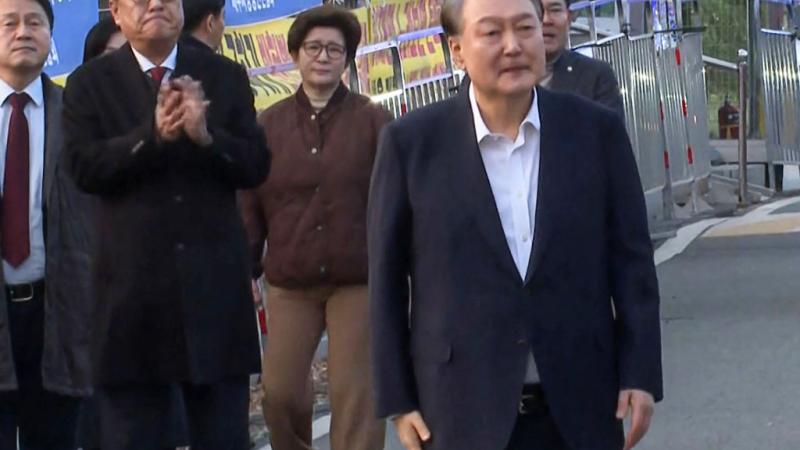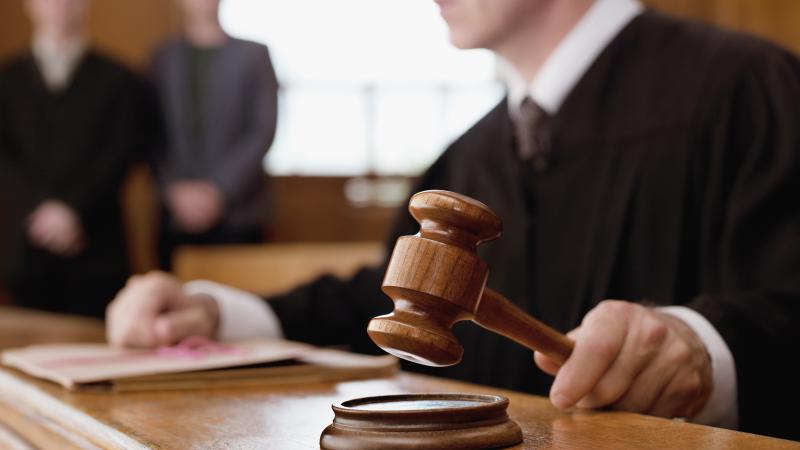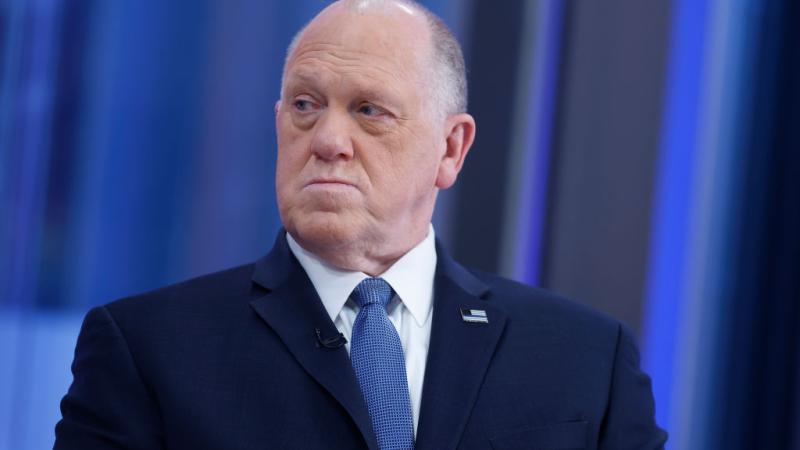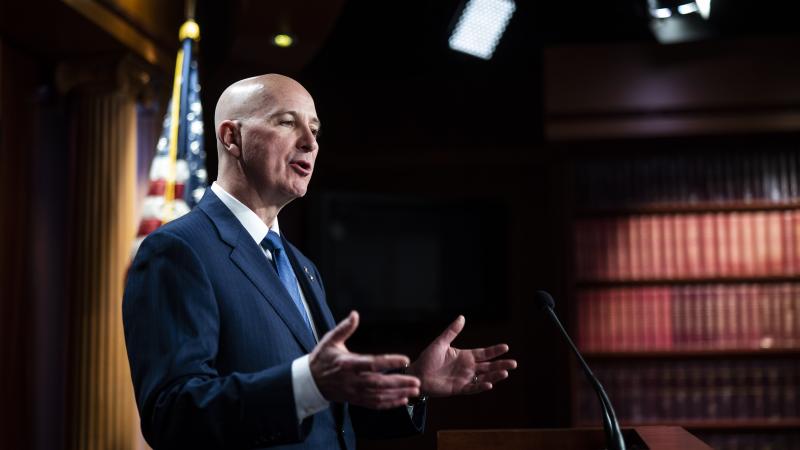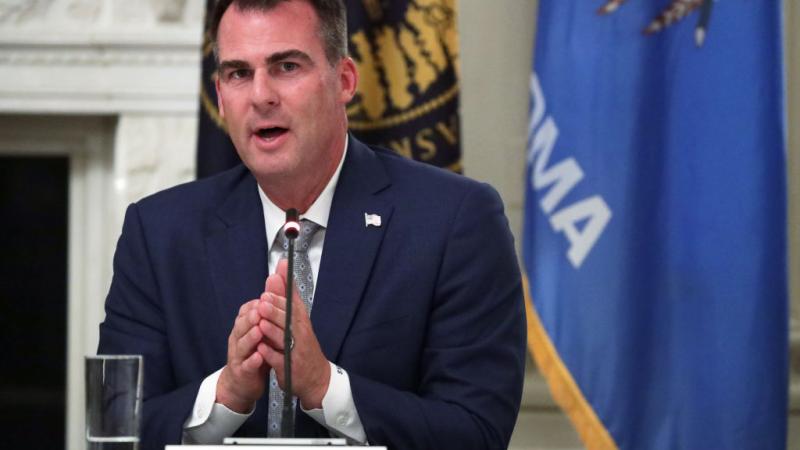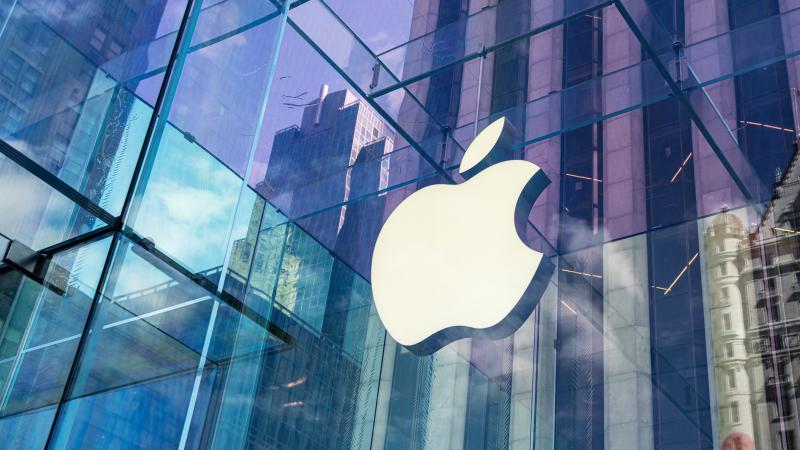'Even some Democrats' agree 'Zuckerbucks' is a problem: Rep. Bryan Steil
Pennsylvania's "Democrat governor signed a Zuckerbucks ban into law," said House Administration Committee Chairman Bryan Steil.
House Administration Committee Chairman Bryan Steil said Wednesday that "even some Democrats" acknowledge that "Zuckerbucks" is "a problem.
He made the comment at a hearing on Wednesday titled, “American Confidence in Elections: Confronting Zuckerbucks, Private Funding of Election Administration.”
Steil made the statement after noting that "Zuckerbucks" – a term for the injection of private money into public election administration – are going to states such as California, Connecticut, Illinois, Michigan, Nevada, and Wisconsin, where the private funding has not been banned.
He also noted that the last three states he listed are "key presidential swing states that haven’t banned Zuckerbucks."
However, the "key swing state" of Pennsylvania isn't on the list because "their Democrat governor signed a Zuckerbucks ban into law," Steil pointed out.
The Center for Tech and Civic Life poured about $350 million into local elections offices managing the 2020 election, with most of the funds donated to the nonprofit by Facebook founder Mark Zuckerberg.
The nonprofit has claimed its 2020 election grants – which were the first funds to be called "Zuckerbucks" – were allocated without partisan preference to make voting safer amid the pandemic.
However, a House Republican investigation found that less than 1% of the funds were spent on personal protective equipment. Most of the funds were focused on get-out-the-vote efforts and registrations.
Following controversy surrounding the disproportionate private funding funneled to Democratic jurisdictions and claims the imbalance helped sway the 2020 election in Biden's favor, 27 states have either restricted or banned the use of private money to fund elections, while 12 counties have also restricted or banned the funds, according to the Capital Research Center.
In 2022, CTCL created a new project, called the U.S. Alliance for Election Excellence, which localities can join as members. The alliance awards funds to counties and municipalities under the Centers for Election Excellence program. The alliance will provide $80 million over five years "to envision, support, and celebrate excellence in U.S. election administration," according to CTCL.
Rep. Terri Sewell, D-Ala., criticized the "partisan nature" of the hearing, but added, "I think all of us can agree that no private funding should be funding our elections. It should be public funding, and it should be adequate funding."
Federalist Editor-In-Chief Mollie Hemingway also spoke at the hearing, warning, "We have allowed the private takeover of government election offices by partisan oligarchs and their armies of activists who use those offices and their authorities to tilt the election toward favored candidates.”
Jason Snead, executive director of Honest Elections Project, told Just the News in a statement Wednesday that "Zuckerbucks" have "understandably eroded public trust in election outcomes. Private interests have no business influencing how elections are administered, or picking which election offices should receive extra funding. The good news is: many states across the country have banned this practice.
“The bad news is: CTCL has hatched a new plan to influence election administration by exploiting a loophole in laws meant to prevent outside influence on election administration through a new group called the U.S. Alliance for Election Excellence," he continued.

